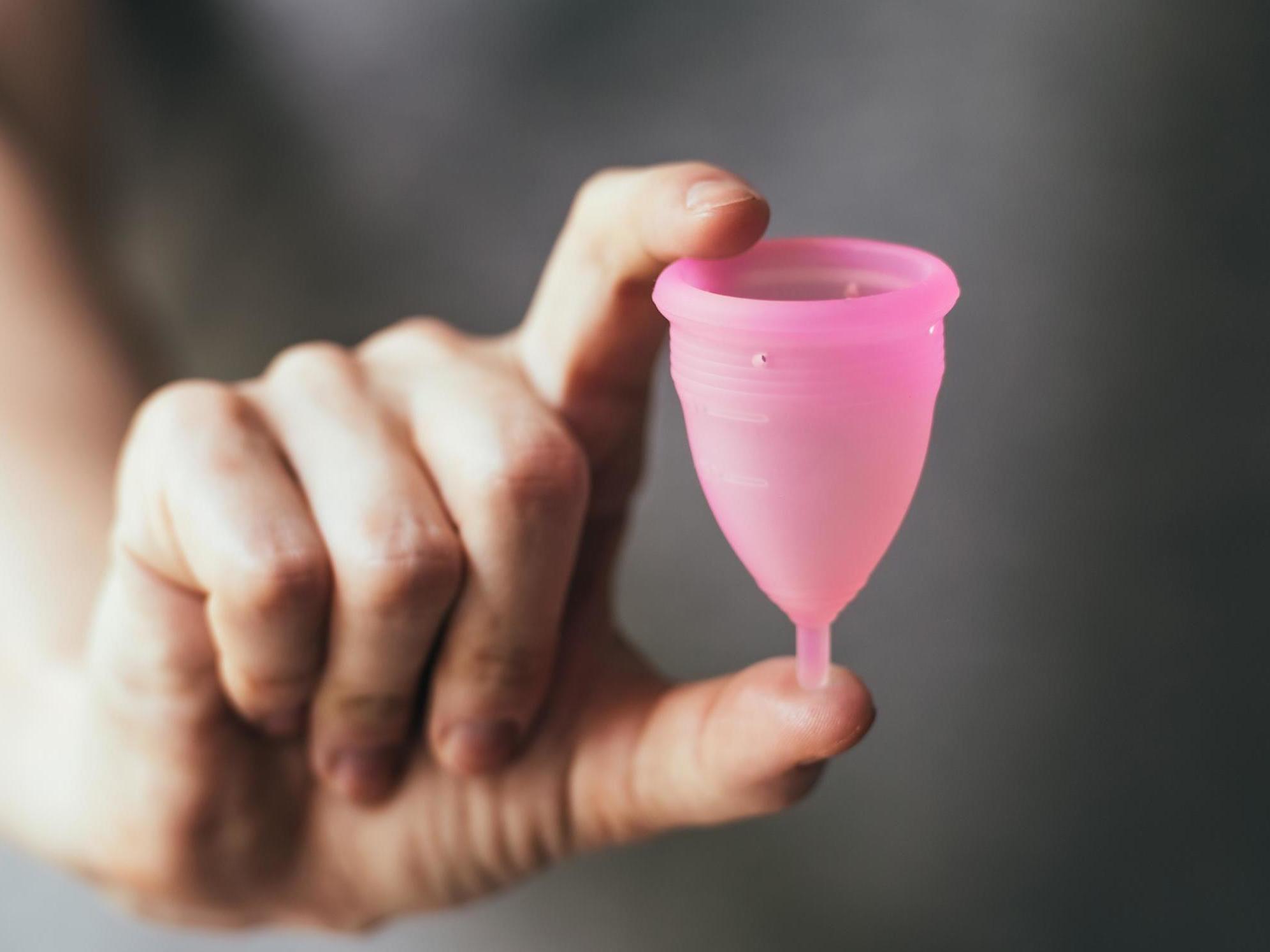Menstrual cups as safe and effective as tampons, says scientific review
Sanitary product is ‘acceptable and safe option’ in high or low income countries, even when water and sanitation facilities are poor, study finds

Your support helps us to tell the story
From reproductive rights to climate change to Big Tech, The Independent is on the ground when the story is developing. Whether it's investigating the financials of Elon Musk's pro-Trump PAC or producing our latest documentary, 'The A Word', which shines a light on the American women fighting for reproductive rights, we know how important it is to parse out the facts from the messaging.
At such a critical moment in US history, we need reporters on the ground. Your donation allows us to keep sending journalists to speak to both sides of the story.
The Independent is trusted by Americans across the entire political spectrum. And unlike many other quality news outlets, we choose not to lock Americans out of our reporting and analysis with paywalls. We believe quality journalism should be available to everyone, paid for by those who can afford it.
Your support makes all the difference.Menstrual cups are as safe and effective as disposable tampons and pads and may be a good way of tackling period poverty, a major scientific review of sanitary products has found.
The results from more than 40 studies of the reusable devices found little robust evidence to suggest they pose a safety risk, as has been suggested in earlier news reports linking their use to rare cases of toxic shock syndrome.
It also found that risks of spillage with the cups, which are made of soft silicone and collect blood when inserted into the vagina, was equivalent to or even lower than conventional sanitary products.
Increasing recognition of the environmental toll of disposable tampons and sanitary towels which add 200,000 tonnes of waste to landfills a year, has helped drive interest in the cups.
But the latest findings, led by the Liverpool School of Tropical Medicine, said they could help address period poverty and menstrual hygiene issues in low and middle countries as well as places like the UK.
In many developing countries, and all increasingly in the UK, women and girls unable to access sanitary products rely on improvised pads made of socks or other old material.
This can put them at increased risk of infections, and make them more likely to miss school or work. It can also increase the risks of "coercion or sexual violence" where women the researchers said.
“Despite the fact that 1.9bn women globally are of menstruating age – spending on average 65 days a year dealing with menstrual blood flow – few good quality studies exist that compare sanitary products,” said Professor Penelope Phillips-Howard, senior author of the study in the Lancet Public Health medical journal.
To address this they studied 43 published studies, as well a unpublished evidence from health bodies and scientific abstracts, involving 3,319 participants across the world.
One of the key findings was that studies in European, North American, and African women and girls, showed no increased risk of infection associated with using menstrual cups.
However, other risks could not be ruled out as there is little information on how widely menstrual cups are used.
The review found around 70 per cent of women wanted to continue using menstrual cups once they were familiar with them, however there is a lack of awareness around them.
Only 11 to 33 per cent of women in high income countries were aware of the cups as an option. They were also mentioned by fewer than a third of websites, across 27 countries, with educational materials on puberty, compared to two thirds which mentioned tampons and sanitary pads.
“This systematic review suggests that menstrual cups can be an acceptable and safe option for menstrual hygiene in high-income, low-income, and middle-income countries but are not well known,” the authors said.
Cups are an effective alternative to disposable sanitary products “even where water and sanitation facilities are poor”, they added. “However, provision of information, training, and follow-up on correct use might be needed.”
The study also looked at cost effectiveness, though noting that high quality evidence in this area was limited, and found that over 10 years a cup could significantly cut the waste from pads and tampons.
Per period, a cup could cost as little as 5 per cent of the cost of pads over that time, US studies suggest.
Meanwhile, a single cup would equate to roughly 0.4 per cent of the plastic waste generated by single-use pads, or 6 per cent of the waste from tampons over a decade.
“For consumers purchasing menstrual products, the results highlight cups as a safe and cost-effective option,” said Dr Julie Hennegan from the Johns Hopkins Bloomberg School of Public Health, who was not involved in the study. “Critically, findings indicate that menstrual education resources are not providing a comprehensive overview of products to support informed choices.”
Join our commenting forum
Join thought-provoking conversations, follow other Independent readers and see their replies
Comments